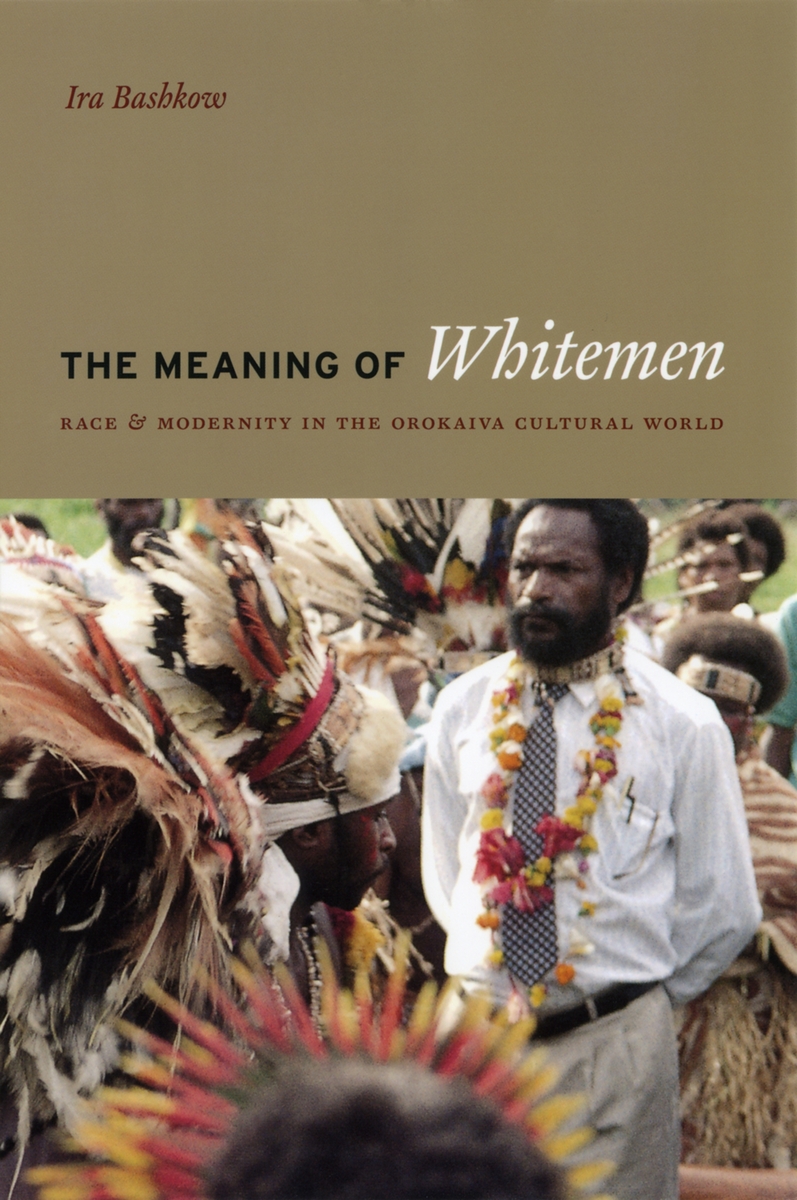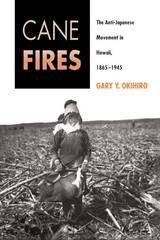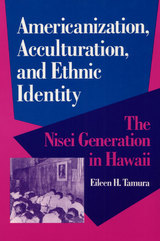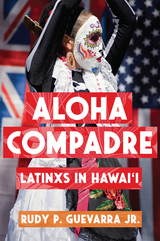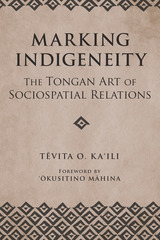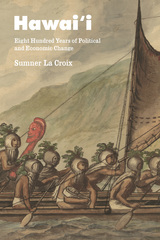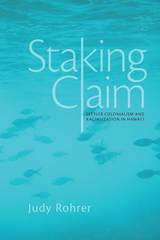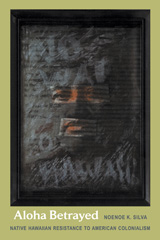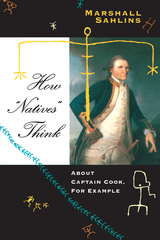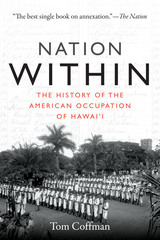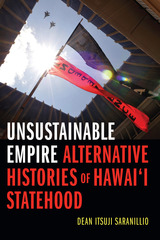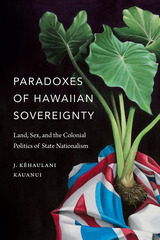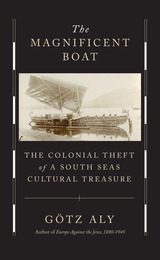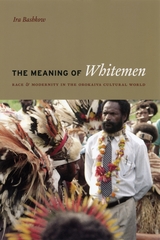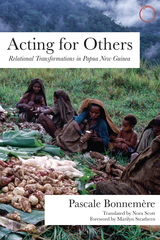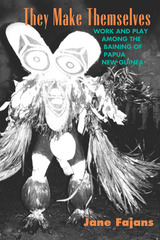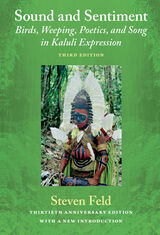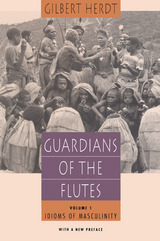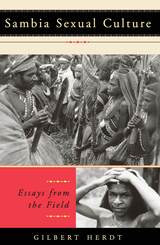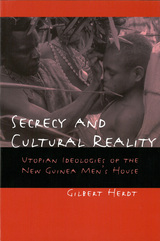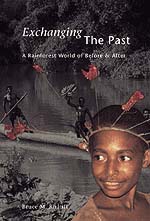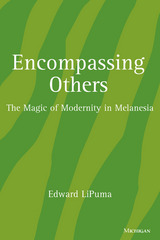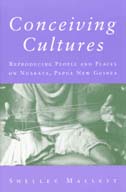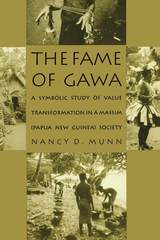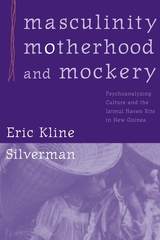The Meaning of Whitemen: Race and Modernity in the Orokaiva Cultural World
University of Chicago Press, 2006
eISBN: 978-0-226-53006-2 | Paper: 978-0-226-03891-9 | Cloth: 978-0-226-03890-2
Library of Congress Classification DU740.42.B375 2006
Dewey Decimal Classification 305.800995309045
eISBN: 978-0-226-53006-2 | Paper: 978-0-226-03891-9 | Cloth: 978-0-226-03890-2
Library of Congress Classification DU740.42.B375 2006
Dewey Decimal Classification 305.800995309045
ABOUT THIS BOOK | AUTHOR BIOGRAPHY | REVIEWS | TOC | REQUEST ACCESSIBLE FILE
ABOUT THIS BOOK
A familiar cultural presence for people the world over, “the whiteman” has come to personify the legacy of colonialism, the face of Western modernity, and the force of globalization. Focusing on the cultural meanings of whitemen in the Orokaiva society of Papua New Guinea, this book provides a fresh approach to understanding how race is symbolically constructed and why racial stereotypes endure in the face of counterevidence.
While Papua New Guinea’s resident white population has been severely reduced due to postcolonial white flight, the whiteman remains a significant racial and cultural other here—not only as an archetype of power and wealth in the modern arena, but also as a foil for people’s evaluations of themselves within vernacular frames of meaning. As Ira Bashkow explains, ideas of self versus other need not always be anti-humanistic or deprecatory, but can be a creative and potentially constructive part of all cultures.
A brilliant analysis of whiteness and race in a non-Western society, The Meaning of Whitemen turns traditional ethnography to the purpose of understanding how others see us.
While Papua New Guinea’s resident white population has been severely reduced due to postcolonial white flight, the whiteman remains a significant racial and cultural other here—not only as an archetype of power and wealth in the modern arena, but also as a foil for people’s evaluations of themselves within vernacular frames of meaning. As Ira Bashkow explains, ideas of self versus other need not always be anti-humanistic or deprecatory, but can be a creative and potentially constructive part of all cultures.
A brilliant analysis of whiteness and race in a non-Western society, The Meaning of Whitemen turns traditional ethnography to the purpose of understanding how others see us.
See other books on: Black people | Blacks | Meaning | Modernity | Race awareness
See other titles from University of Chicago Press
